RBS: Is it time for the government to cut its losses?
After resolving many of its legacy issues, perhaps the bank should return to private hands
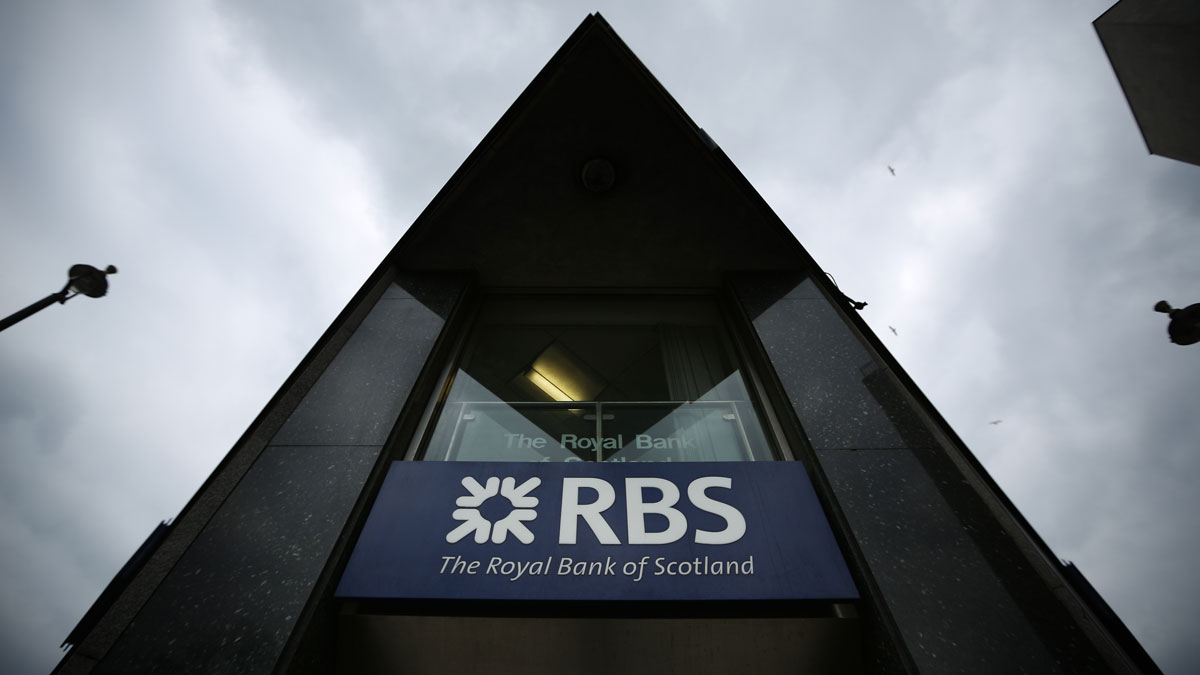
A free daily email with the biggest news stories of the day – and the best features from TheWeek.com
You are now subscribed
Your newsletter sign-up was successful
Judging by reports in the media and business world, the government's sale of Royal Bank of Scotland may now be in sight – or at least, a lot of people think it should be.
This is despite the bank's share price languishing below £2.50 per share, meaning the bank is worth less than half of what it was at the time of the government bailout in 2008.
The then Labour government injected up to £45bn into RBS, then one of the largest banks in the world, in order to prevent a catastrophic collapse in the autumn of that year when the banking sector as a whole was teetering.
The Week
Escape your echo chamber. Get the facts behind the news, plus analysis from multiple perspectives.

Sign up for The Week's Free Newsletters
From our morning news briefing to a weekly Good News Newsletter, get the best of The Week delivered directly to your inbox.
From our morning news briefing to a weekly Good News Newsletter, get the best of The Week delivered directly to your inbox.
Shares were acquired for an average of £5.03 so why would the government consider selling now?
Cutting its losses
RBS, along with other financial assets acquired by the UK government, sits on the public balance sheet.
That balance sheet is burdened with debt – £1.4trn or £1.7trn depending on what you include or don't. Selling off RBS, in which the government retains a 72 per cent stake, would help remove some of that burden.
A free daily email with the biggest news stories of the day – and the best features from TheWeek.com
There's also an element of cutting losses. As Ben Marlow writes in the Daily Telegraph: "any hope of exiting at the magic 500p profit mark evaporated long ago".
The government's official accountant, the Office for Budget Responsibility, calculated last November that delaying the sale of publicly-owned bank shares would add around £22bn to the debt forecast, in part because of the interest incurred on existing borrowing that's not being paid off.
A sale now would be worth around £21bn – less than the £25bn the government previously pledged to raise from RBS but a figure not to be sniffed at.
Some conservative commentators – and Conservative party ministers – believe that banks perform better when freed from the "hands of the taxpayer", which bring additional restraint and scrutiny.
It isn't just about profitability. If the orthodoxy is correct and RBS blossoms outside public ownership, it would most likely also be lending more to support the economy.
Not everyone shares this view. The Labour party has pledged to keep RBS in public ownership and break it up in order to create a network of local state banks.
Clearing legacy issues
If this explains why the current government wants to sell in principle, it doesn't explain why it might do so now.
When Philip Hammond, the Chancellor, said he was halting the embryonic sale process for the bank's shares he said RBS still needed to clear a range of legacy issues, including big fines in the US for boom-era mortgage bond mis-selling.
That came a step closer earlier this month when the bank agreed a $5.5bn (£4.2bn) fine with the Federal Housing Finance Association over sales of mortgage bonds to US state lenders Fannie Mae and Freddie Mac.
RBS still needs to agree a separate penalty with the US Department of Justice.
Elsewhere the bank has been trying to resolve a knotty issue with the European Commission relating to its bailout, which under EU laws counts as anti-competitive "state aid".
EU regulators told RBS in 2010 that it needed to sell a network of 300-branches to boost competition as compensation for taking government money.
But after years of missed deadlines the bank proposed an alternative plan of creating a fund to boost challenger banks and shed thousands of business customers. While it asked for a larger fund of £835m, the Commission has provisionally signed off on that proposal.
Later this week, when RBS announces half year results, the bank is expected to reveal a second consecutive quarter of profit, says the Belfast Telegraph.
An analyst-estimated £343m of profit for the three months to the end of June would add to a £259m profit in the first quarter, the first three-monthly profit for 18 months.
Achieving fair value
So will the government start selling shares soon?
It's unlikely to do so until the second US fine is resolved as "estimates of the payout range from £4bn to £15bn" and are a major source of uncertainty weighing the bank down, says Marlow in the Telegraph.
While the share price remains where it is, the government would undoubtedly face widespread criticism for any further share sales too, just as it did when it crystallised a £1bn loss by selling £2.1bn of stock back in 2015.
Even the National Audit Office (NAO) said this month that the sale two years ago at £3.30 per share represented "value for money" – and Chancellor Philip Hammond has said he merely wants to achieve a "fair value" for the shares, even if it's at a loss.
Katherine Griffiths says in The Times that the Department of Justice is at "advanced stages" of its investigation – and both Griffiths and Marlow are among a clutch of commentators predicting the bank will need to raise £2bn to £3bn to cope with the eventual penalty.
The City is "relaxed" about the sum, says Griffiths.
The wider hope is that once that final piece of uncertainty is removed, and the bank has more quarters of profit under its belt, RBS shares might have moved markedly higher by the end of this year.
This could be the real trigger for the government to act, especially if the shares move back to around the 2015 level that the NAO deems to be good value.
-
 The ‘ravenous’ demand for Cornish minerals
The ‘ravenous’ demand for Cornish mineralsUnder the Radar Growing need for critical minerals to power tech has intensified ‘appetite’ for lithium, which could be a ‘huge boon’ for local economy
-
 Why are election experts taking Trump’s midterm threats seriously?
Why are election experts taking Trump’s midterm threats seriously?IN THE SPOTLIGHT As the president muses about polling place deployments and a centralized electoral system aimed at one-party control, lawmakers are taking this administration at its word
-
 ‘Restaurateurs have become millionaires’
‘Restaurateurs have become millionaires’Instant Opinion Opinion, comment and editorials of the day
-
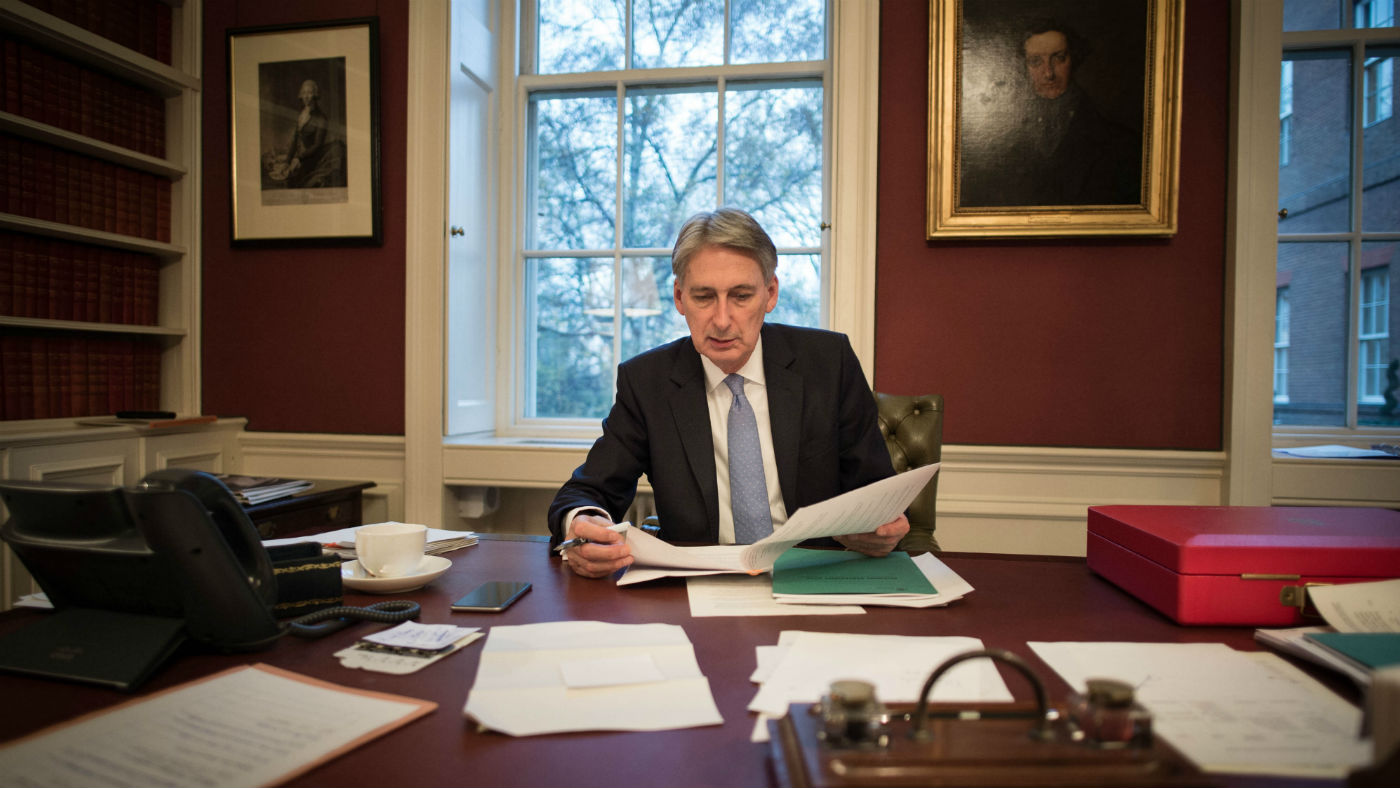 Next Bank of England governor: the contenders
Next Bank of England governor: the contendersIn Depth Chancellor Philip Hammond has launched hunt for Mark Carney’s replacement
-
 NatWest and RBS trial new fingerprint bank cards
NatWest and RBS trial new fingerprint bank cardsSpeed Read Biometric payment system will allow customers to spend more than £30 using contactless cards
-
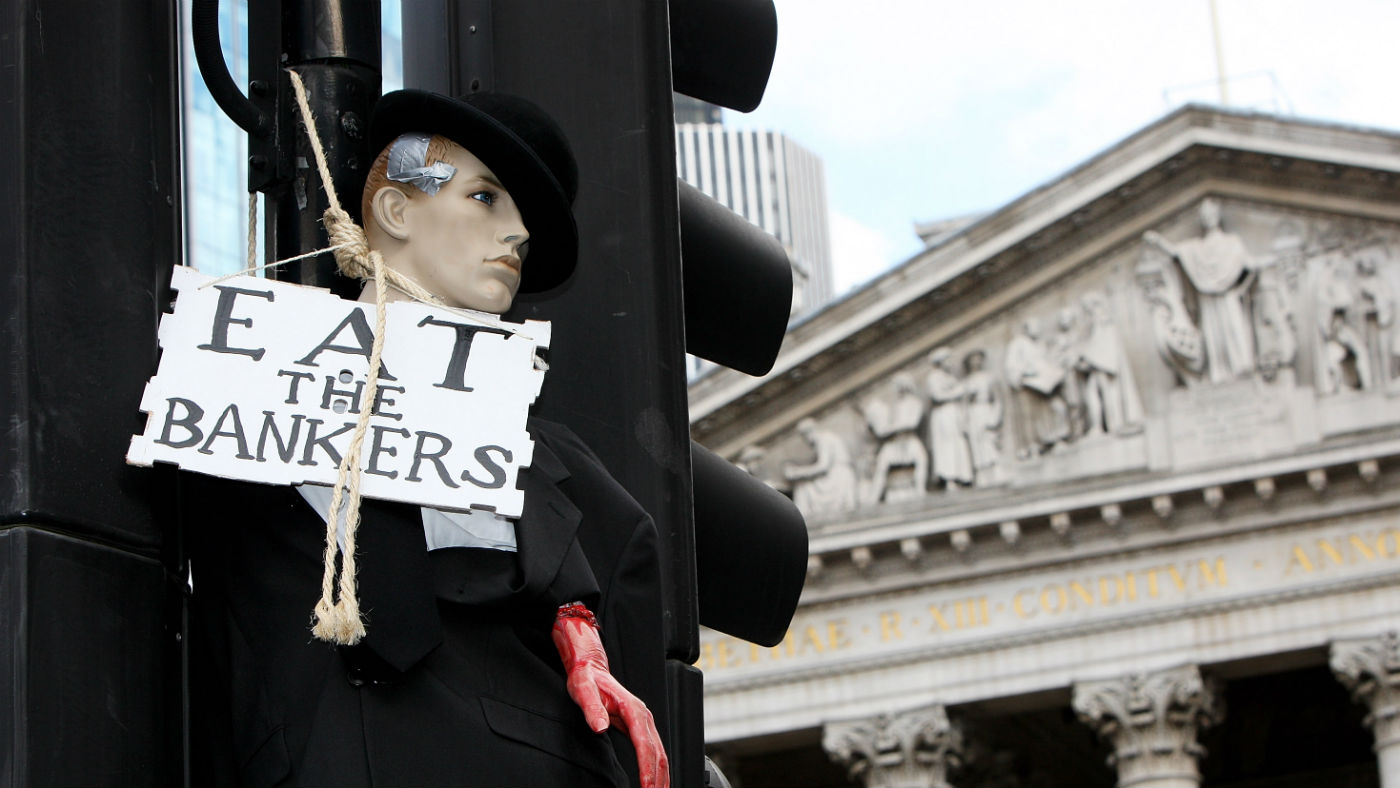 Two-thirds of Brits still don’t trust banks
Two-thirds of Brits still don’t trust banksSpeed Read Ten years on from the financial crisis, survey finds trust for banking system in short supply
-
 What is Britain’s worst bank?
What is Britain’s worst bank?Speed Read Royal Bank of Scotland comes joint-bottom in the new personal banking league table, and last for business banking
-
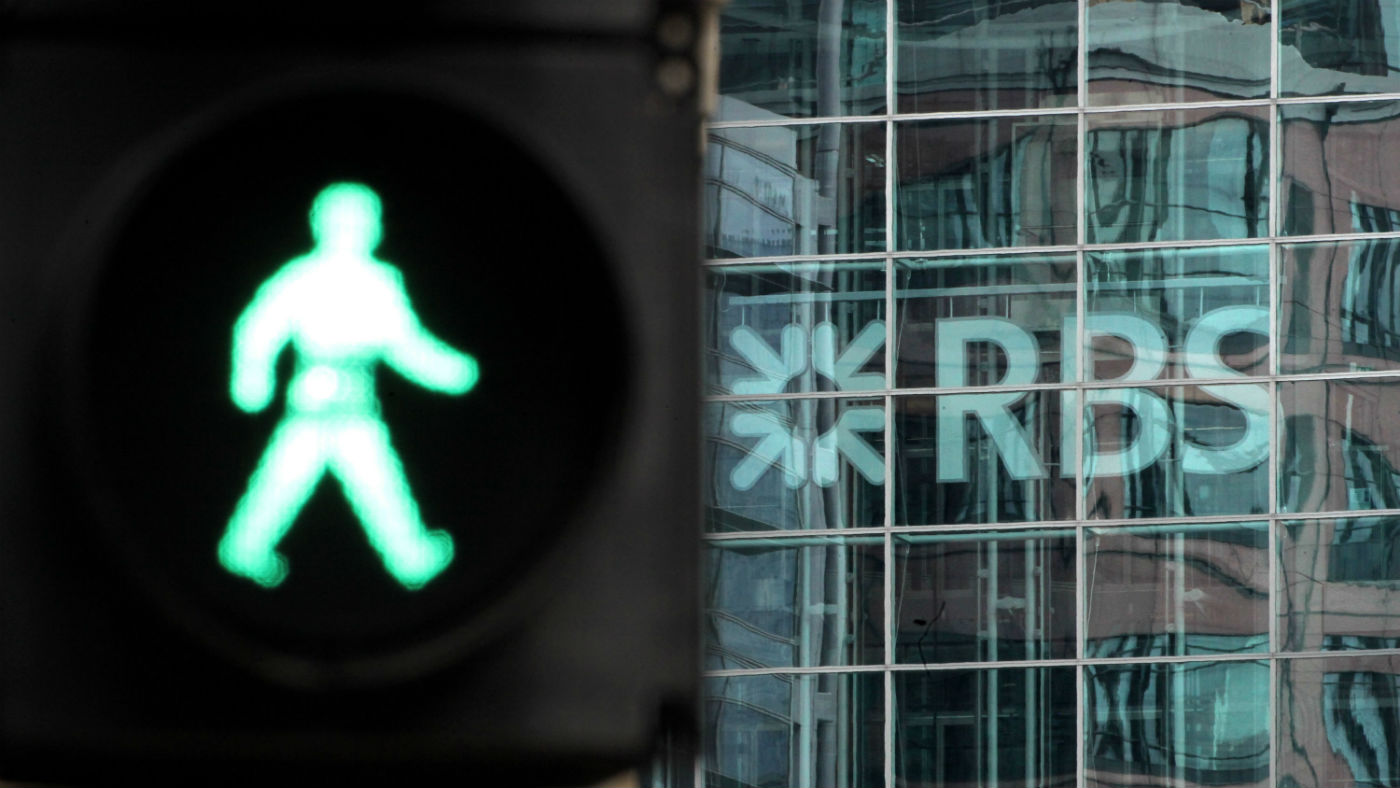 RBS set for biggest privatisation in UK history
RBS set for biggest privatisation in UK historySpeed Read US regulators impose $4.9bn penalty and pave way for Government to sell its 70% stake
-
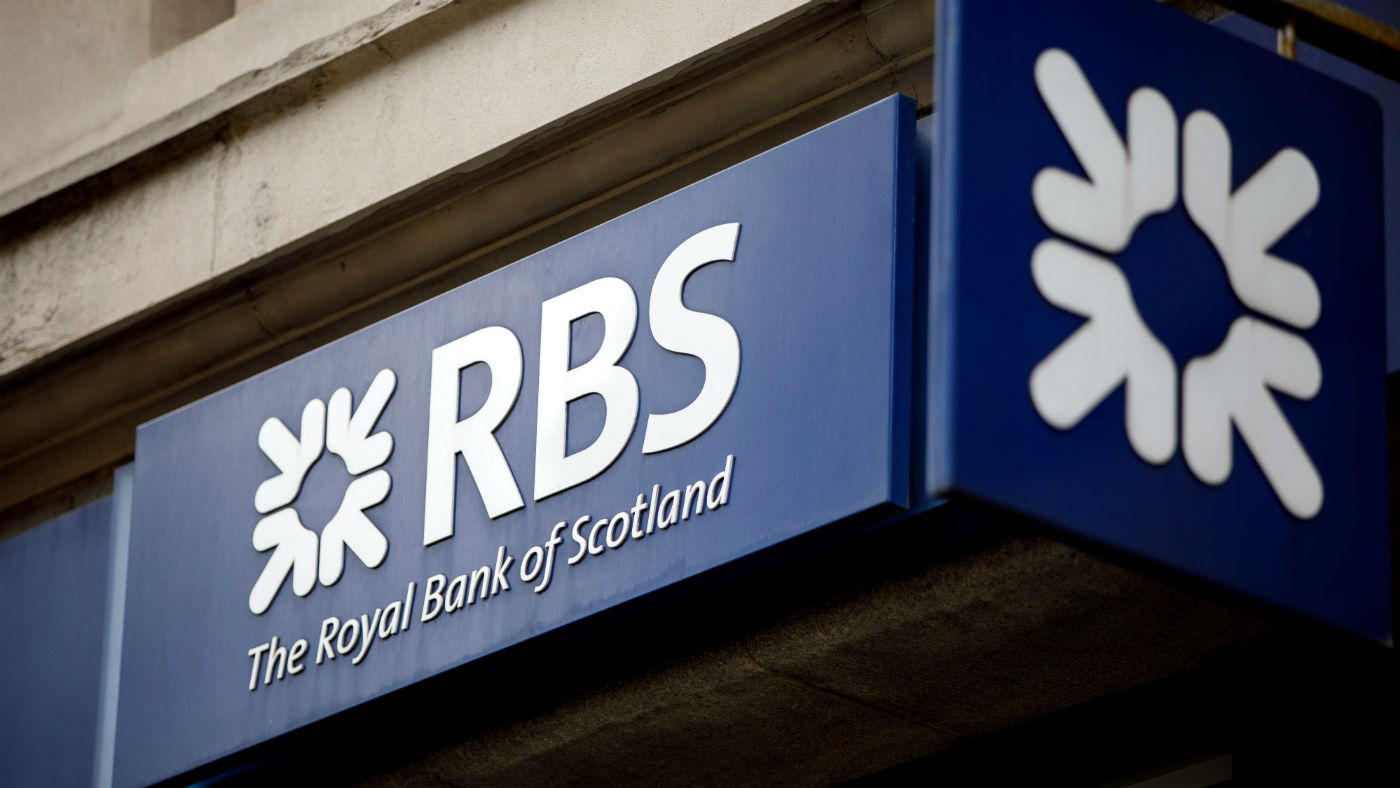 RBS to cut 162 branches and 792 jobs
RBS to cut 162 branches and 792 jobsSpeed Read Move comes days after taxpayer-owned bank announced 206% rise in profits
-
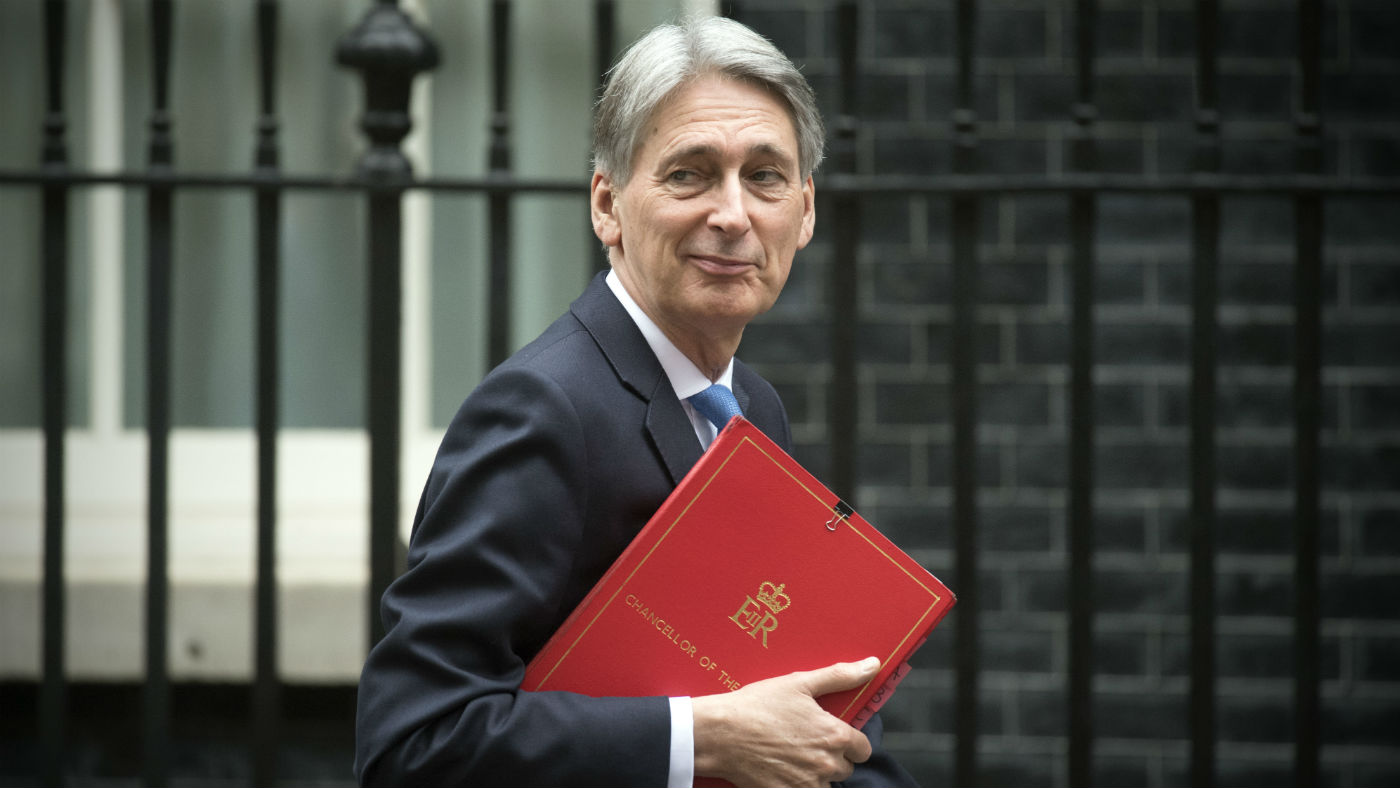 Spring Statement: Hammond ‘puts brave face on the figures’
Spring Statement: Hammond ‘puts brave face on the figures’In Depth ‘Tigger-like’ Chancellor says UK growth revised upwards - but overall economic picture remains the same
-
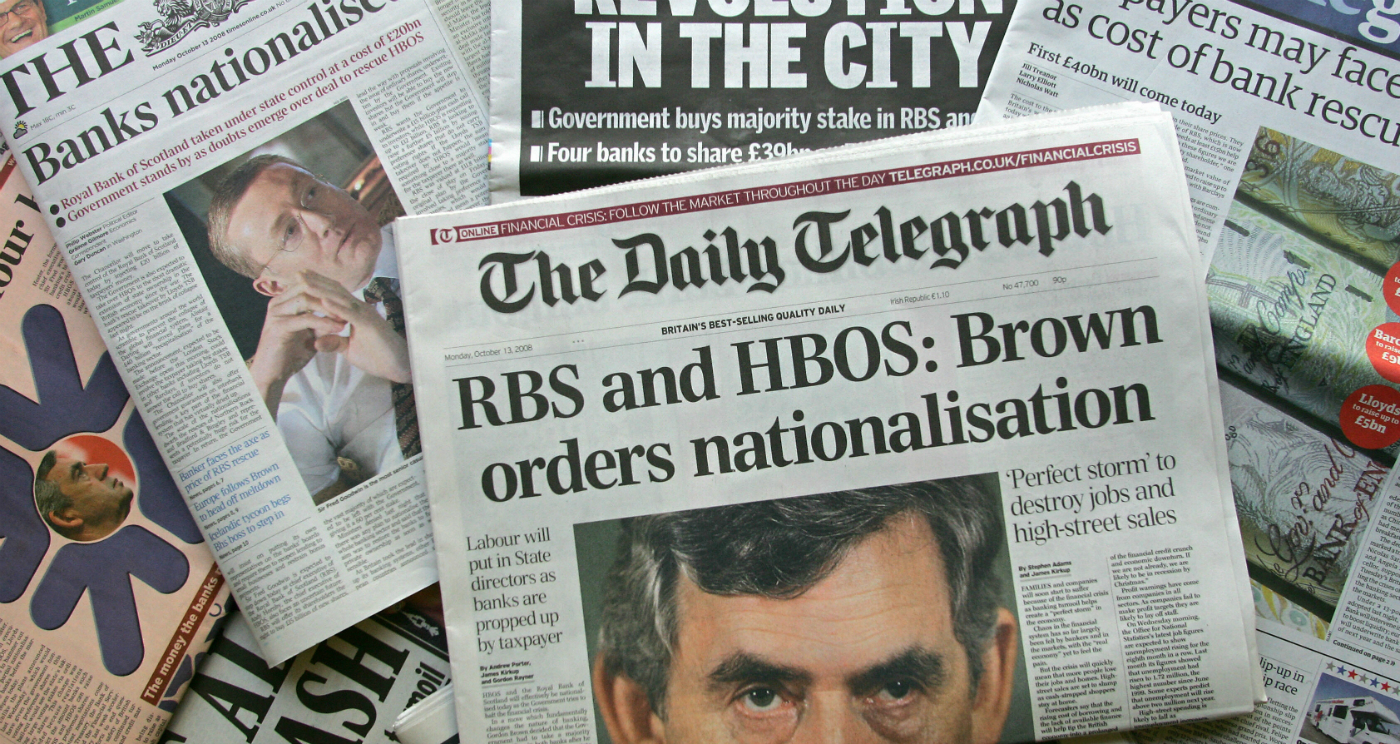 RBS memo to ‘let customers hang themselves’ sparks fury
RBS memo to ‘let customers hang themselves’ sparks furySpeed Read Ex-MP says callous banking tactics following 2008 crash drove small business owners to suicide